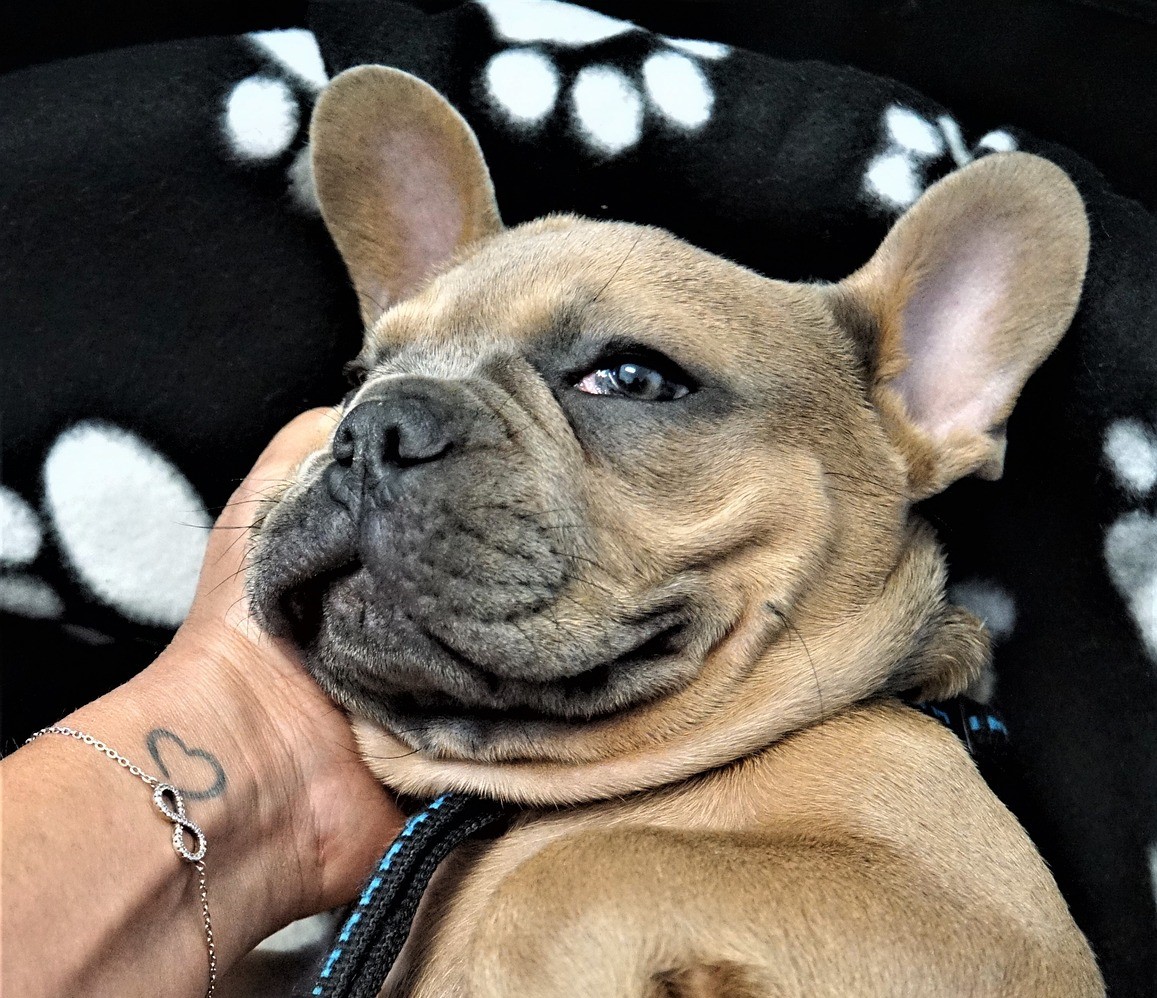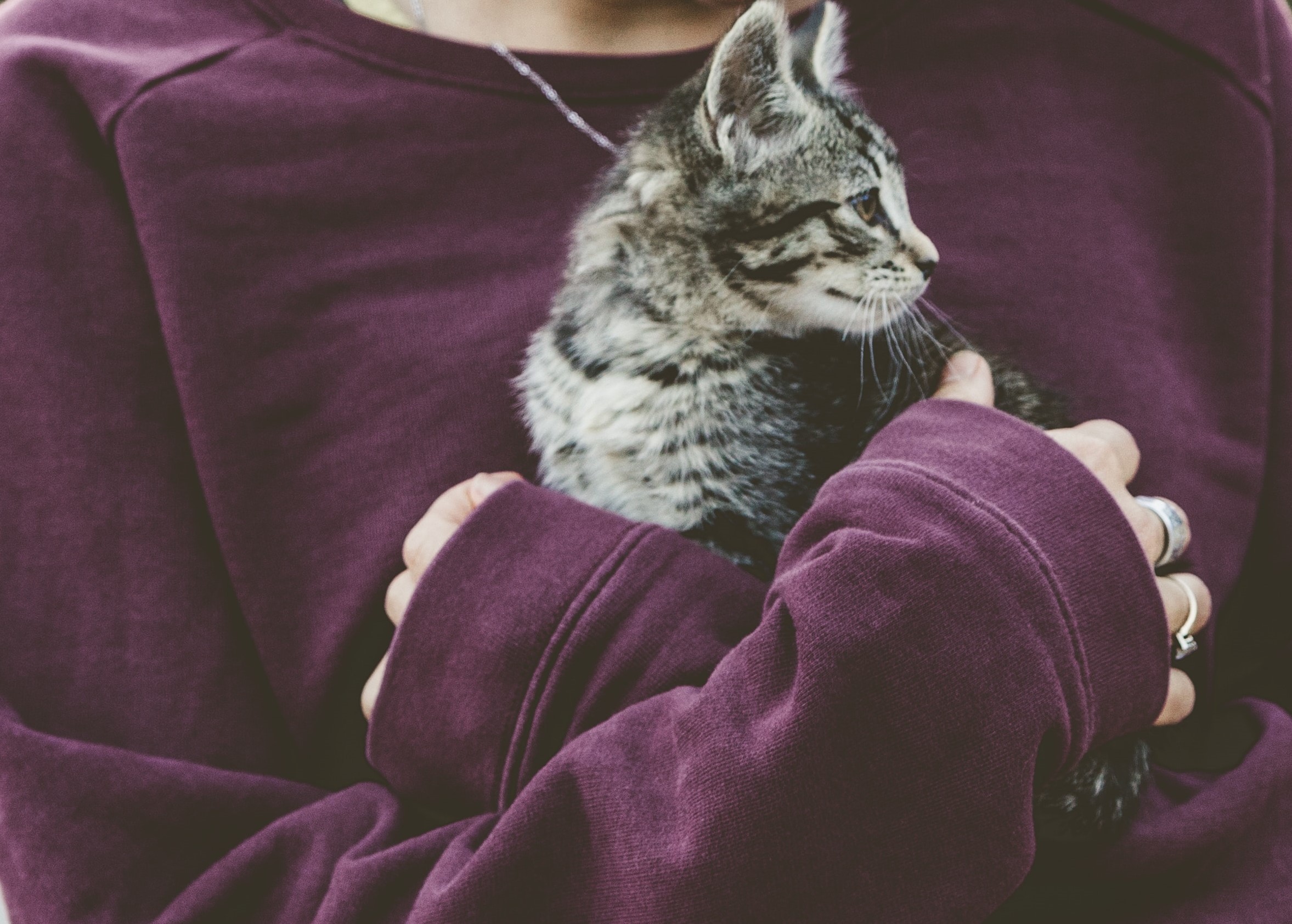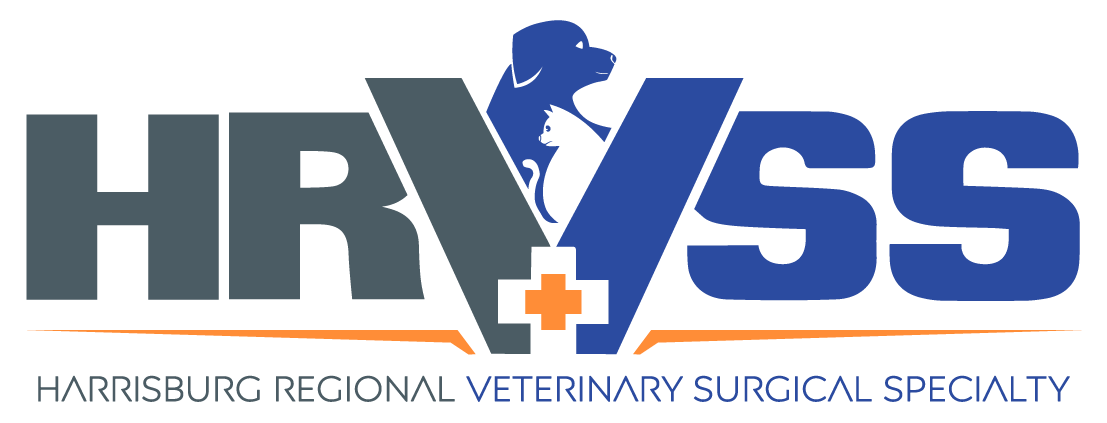- Anesthesia
Most pet owners are concerned about anesthesia.
Even though there is always a risk, it’s fortunately very low.
The risk of dying under anesthesia is around 0.25% across all cats and dogs, healthy and sick combined.
Still, we take every anesthesia extremely seriously.
Every surgery pet has a dedicated, well-trained, loving nurse whose only job is to keep her patient – your pet – safe.
Every surgery patient is monitored pretty much like a human: O2 levels, CO2 levels, blood pressure, heart rate, respiration rate, and temperature, are monitored and recorded every 5 minutes.
And they are watched constantly.
Pet owners are especially worried about anesthesia in older pets. Although the risk is slightly higher in older patients, it’s still overall very safe.
We commonly perform safe anesthesia in 12, 14 and 16 year old cats and dogs!
The risk of anesthesia has more to do with the health of the patient and their condition or disease, than their age.
Age is just a number.
Age is not a disease.
Heart disease, kidney disease, or liver disease are bigger concerns than age.

- Scheduling
Understandably, most pet owners are anxious about scheduling surgery.
And we always try to fit their pet in as soon as we can.
At worst, when we’re super busy, it can take a few weeks.
While we would never do that for a fracture or a true emergency (i.e. something life-threatening, like bleeding or suffocating), it’s OK to wait a little bit for other conditions that can truly wait.
Until surgery does happen, we recommend keeping your pet as quiet as possible to avoid further damage, and if appropriate, to keep your pet on pain medication.
Please remember that limping = pain 99% of the time.
- Accessibility
Clients are sometimes worried about what happens if they have questions after their pet goes home.
Rest assured that we are just a phone call or an email away.
If you ever have a question about a medication, something you should do, something you shouldn’t do, or something you forgot, never hesitate to call us!
We will help you along the way, until the end of your pet’s recovery, and beyond.
- Information
Most of the time, your family vet will refer you to us to perform a specialized surgery they don’t perform. Sometimes they will give you information about the procedure… and sometimes not.
Regardless, we will always provide you with information about the surgery, the reasons behind the type of surgery, the outcome, what to do, what not to do, and more!
We will share information by phone, video, email and face-to-face.
We want you to be as informed and educated as you’d like.
We want you to ask questions until you are empowered to make the right decision for your pet.

- Trust
Again, most of the time, your family vet has referred you to us to perform a specialized surgery they don’t perform.
This by itself is a powerful vote of confidence. Your vet recommended us because they know our reputation, our track record, and how we treat clients and patients.
Still, you may wonder who we are. How can you tell?
Information about us is easy to find.
There are pictures and testimonials on our website, and reviews on Google and Facebook.
What’s my take?
While I’d be the first one to tell you we can always do better (and we try, consistently, it’s kind of an obsession), only the best of the best nurses are allowed to work at Harrisburg Regional.
They treat pets with love and respect.
They are kind and understanding with worried pet owners.
They take anesthesia and pain management very seriously.
They are amazing rockstars in my book !!!
If you would like to learn how we can help your pet with safe surgery, pain management and anesthesia, please contact us through www.HRVSS.com
Never miss a blog by subscribing here: www.HRVSS.com/blog
Phil Zeltzman, DVM, DACVS, CVJ, Fear Free Certified
